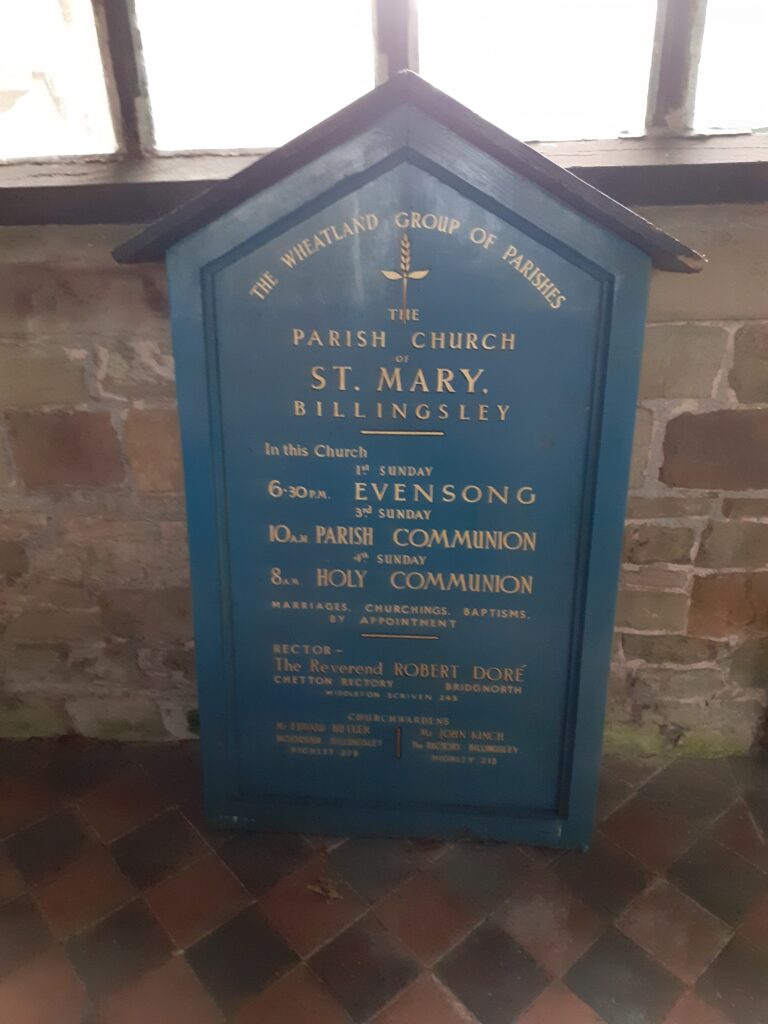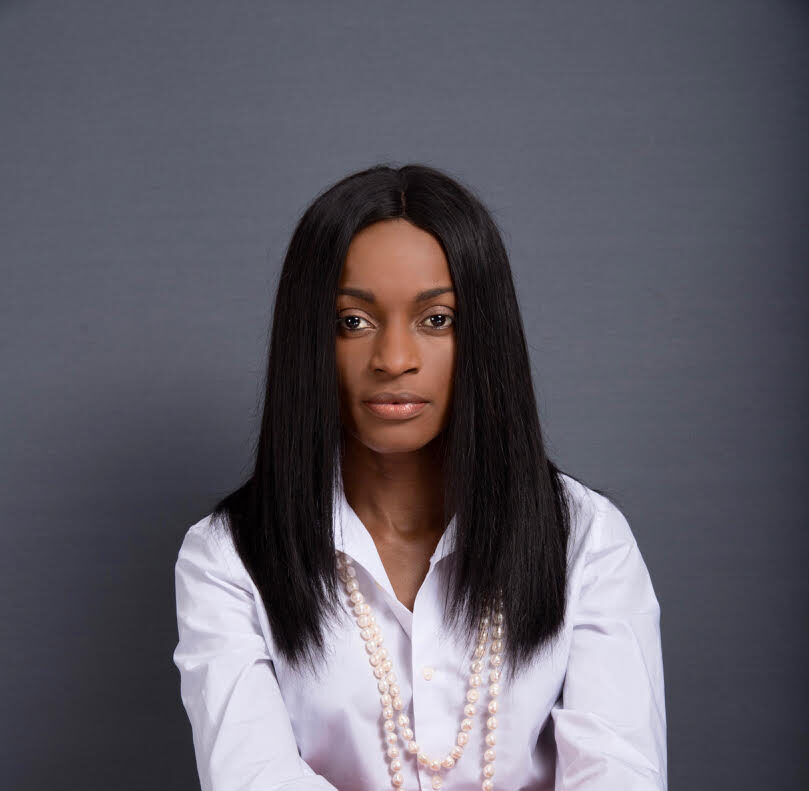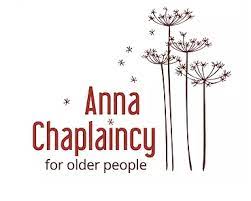Hello everyone,
I have just spoken to Nigel Oliver our lengthsman.
I explained that the PC are hoping to look at formalising his employment and draw up a contract of employment for both his benefit and ours. This being necessary to show that we are being prudent in the use of public money to fund his employment which forms a significant proportion of the parish’s annual expenditure. I also explained that we would need to apply for the EMA shortly.
Before any of this is completed I enquired about his intentions to continue beyond March 2023 as he did indicate this might not be the case in previous conversations we have had. He is undecided but I think this depends upon how he is treated.
With regard to planning his work he described his annual routine and the need for flexibility regarding the completion of his hours. Both of these points seem reasonable. He prioritises certain locations that are known trouble spots throughout the year. In the Spring for example when strimming he will litter pick and in the Autumn leaf clearing and unblocking drains is a priority. Road signs will be cleaned during winter months. After heavy rain and storms he will deal with the consequences as situations dictate.
He is frustrated that things that he has highlighted as requiring attention in his worksheets have not been acted upon in the past. I agreed that this was not acceptable and we could deal with this.
I asked what he would be looking for if he were to continue and he said that giving GPS details at work sites and taking photos would not work. I gather that this is something that has been asked of him in other situations. He said he needs flexibility to allocate his limited time.
The principle of decentralisation of this service which is, as I understand, the purpose of the EMG commendable. I also got the impression that Nigel has used his local knowledge and experience for many years to provide what he believes to be a good service and this has not always been appreciated or recognised. With closer communication I get the impression that his productivity may well improve in the future.
He asked me if I would like to join him to see what he does and I agreed, he seemed pleased and we will arrange to do this in the new year. I thanked him for his work.
Overall it was a positive conversation and I can see the merits of this service / cost to the parish.
I am distributing this summary now while it is fresh in my mind and hopefully will help our debate at the next meeting. I also attach a report that you may find interesting. It uses the lengthsman services in Billingsley and neighbouring parishes as a case study; Eileen was instrumental in establishing this arrangement.
Bye for now,
October and November seem to be months for remembering; we have Remembrance Sunday and Bonfire night; in the church’s calendar we have All Saints and All Souls, somehow transformed in modern culture into Halloween. Perhaps that is why, 35 years ago, October was designated “Black History Month”. This is not something that I have ever considered very carefully; in my own explorations of local history, black history really seems to have begun in the 2nd World War, with the arrival of a black refugee from Liverpool and a black service battalion of US troops at Kinlet. At the end of war, it seems to have quickly become just a memory; the Windrush generation did not make for the communities of the Severn Valley Benefice. Highley when I grew up was entirely white; I only encountered ethnic diversity in trips to Dudley. That was my background.
We are moulded by our background, often in ways we do not realise. It is only fairly recently in my life I have become properly aware of “subconscious bias”; the assumptions that we make that we never even think about. It comes from our own histories but is also how we evolved; we instinctively trust people “like us” on the grounds that they are more likely to be friendly. Indeed, 100,000 years ago this was probably a good survival strategy. Today it is much less helpful, however we might try rationalise it. Subconscious bias goes far beyond skin colour; it is everything from how another person speaks to how they dress. Jesus has something to say about not judging people by outward appearances. Perhaps just thinking about the term “Black History month” and how we react to it, is spiritual self-examination.




